Search
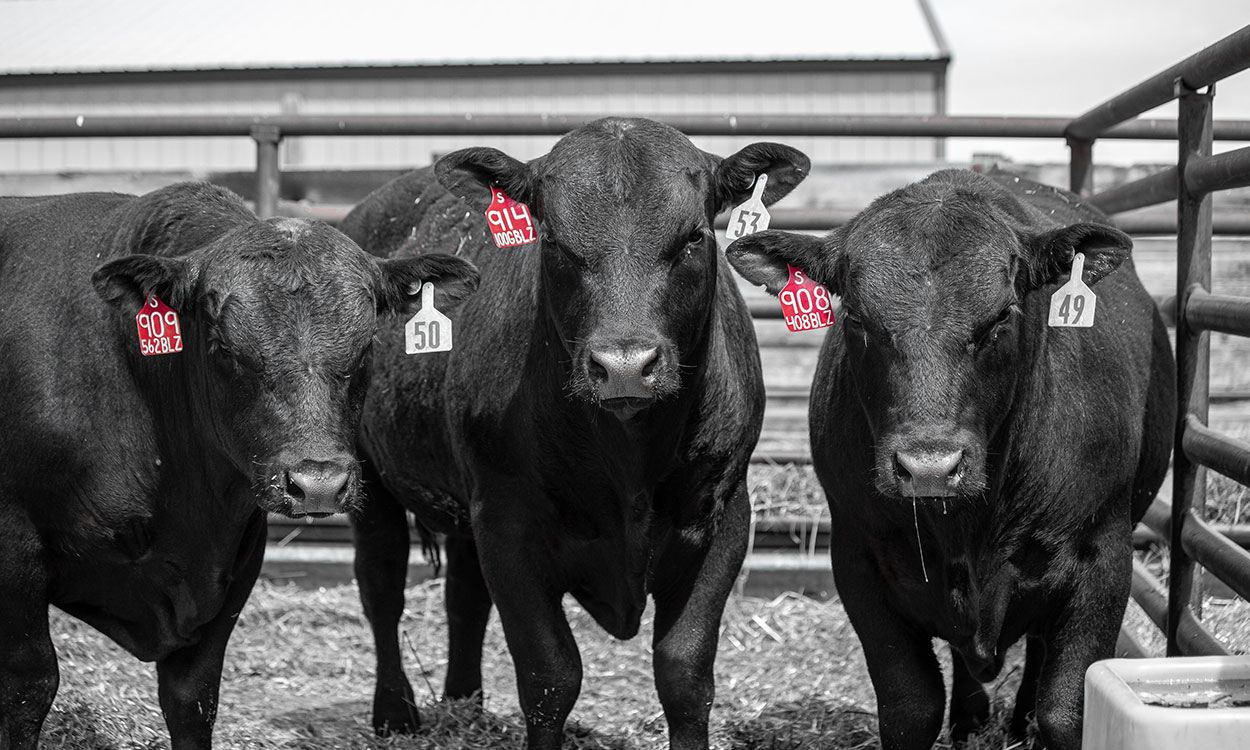
Buying Bulls With a Plan
Selecting new herd sires is an annual process for beef producers. Learn tips for selecting the correct herd sire for your operation that will progress your operation and improve your cattle.
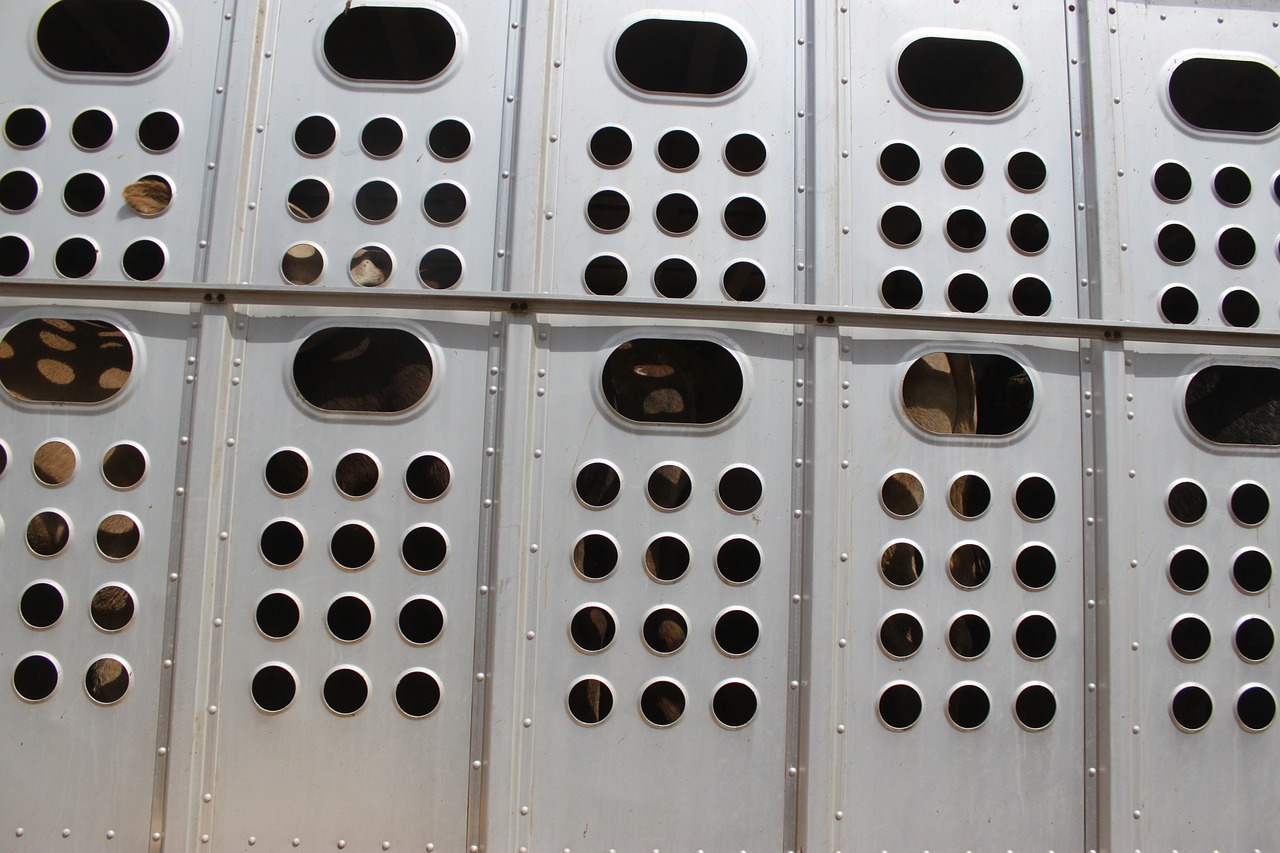
Livestock Emergency Response Planning (LERP)
The scene of an accident is not the place to build your team!

Fall Prevention
SDSU Extension wants to help you avoid the chance of a life-changing fall. We offer a variety of evidence-based, community led, health education workshops to help you address factors that contribute to fall risk.
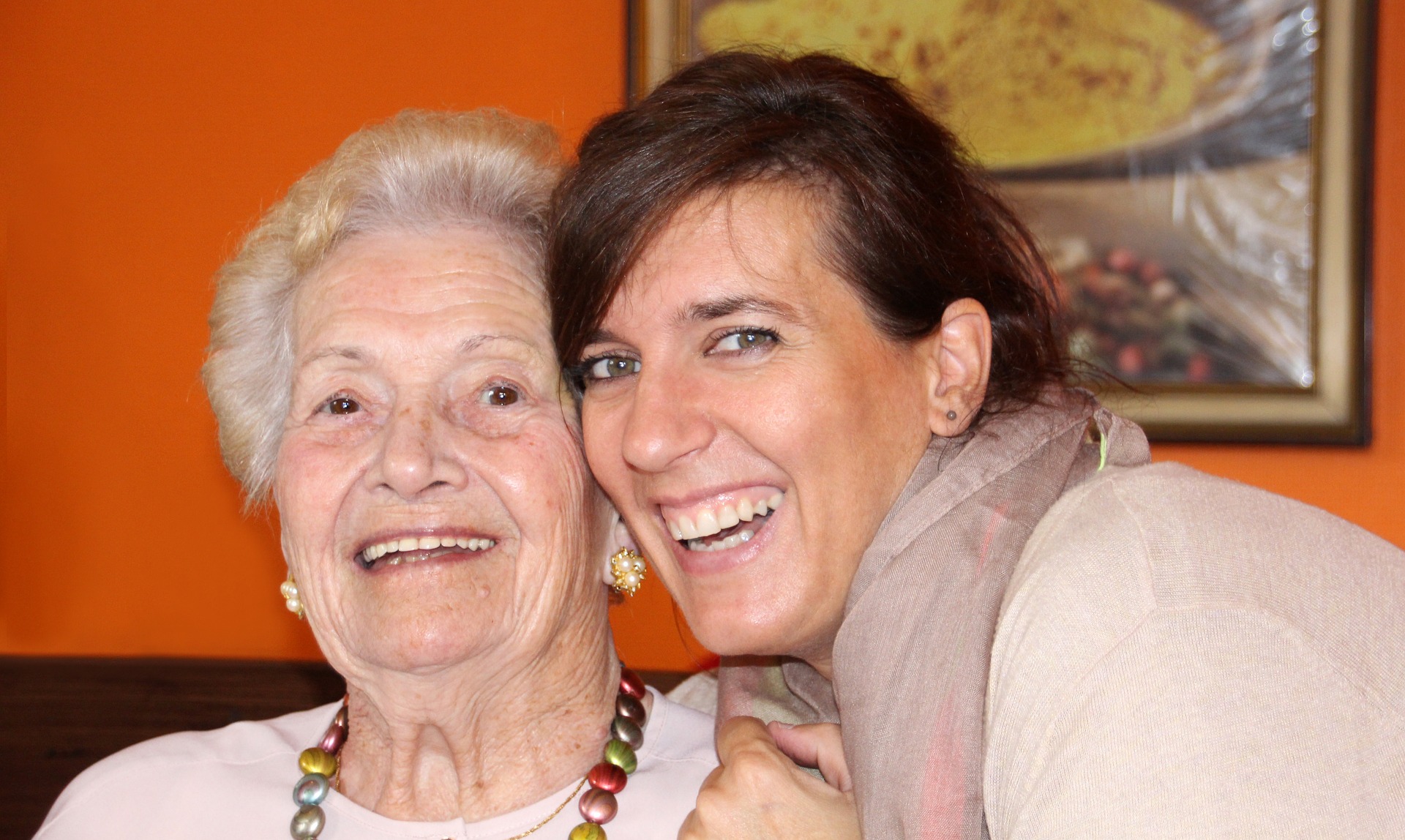
Dementia
Dementia is an umbrella term to refer to cognitive impairment of various types that interfere with a person’s day-to-day function. Researchers project that half of the adults over the age of 85 will be impacted by some form of dementia.
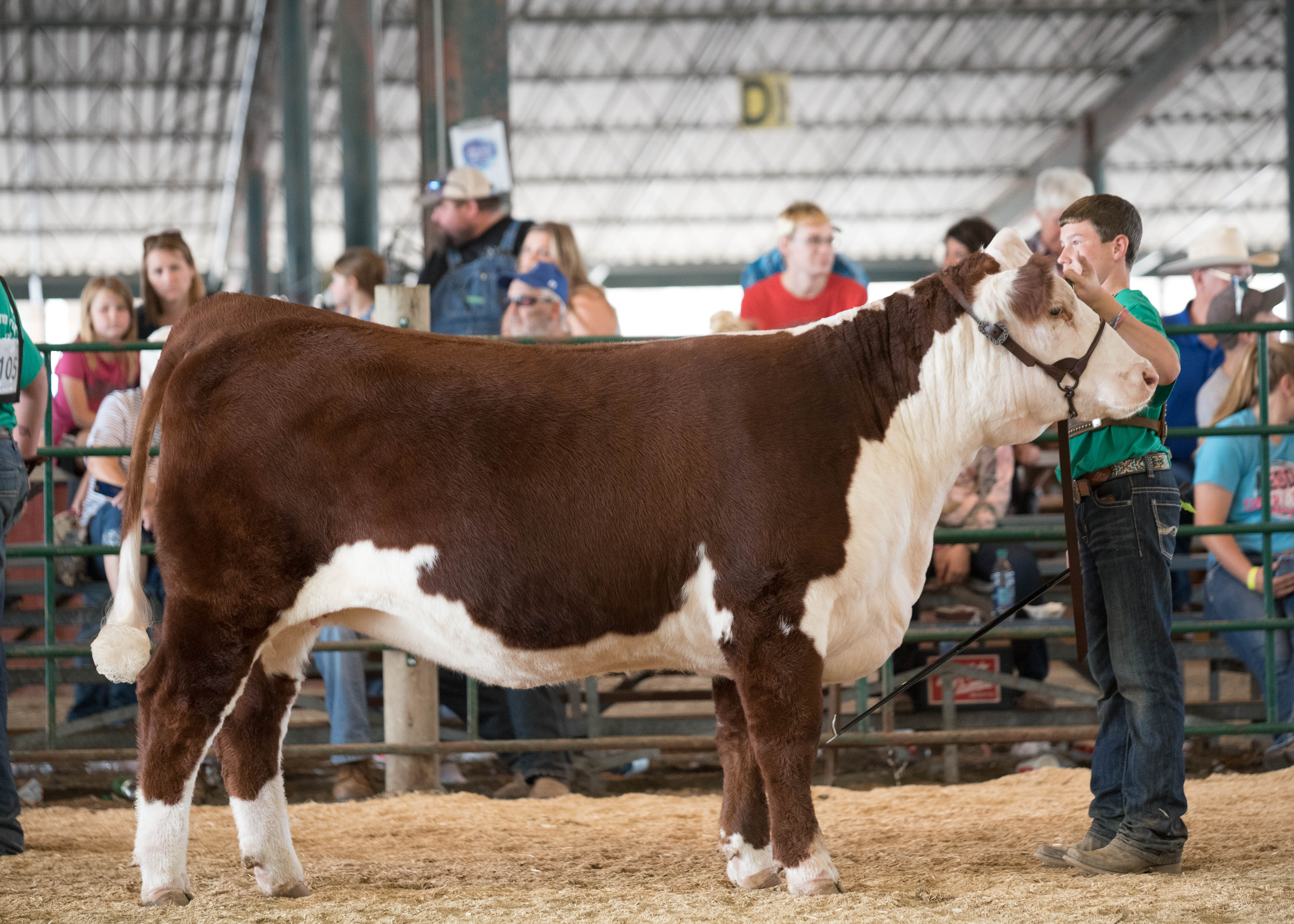
Competitions & State Fair
4-H members showcase their knowledge and skills during county and state competitions.

Youth for the Quality Care of Animals (YQCA) in South Dakota 4-H resources
About YQCA – the national program
Youth for the Quality Care of Animals (YQCA) is a national multi-species quality assurance program for youth ages 8 to 21 with a focus on three core pillars: food safety, animal well-being, and character development. The YQCA program is an annual certification created for youth producing and/or showing beef cattle, dairy cattle, sheep, meat goats, dairy goats, swine, poultry, and rabbits. The program has been designed by extension specialists and national livestock program managers to ensure it is accurate, current and relevant to the needs of the animal industry and shows, and is appropriate for youth learning levels.
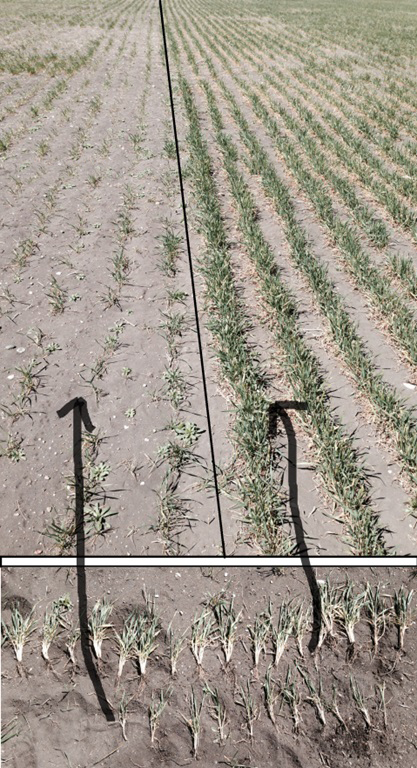
The Difficulty in Winter Wheat Stand Assessments
From freak snow storms to sub-zero temperatures and on to a recent lack of moisture and a cool spring, the climate in South Dakota has left many winter wheat growers and agronomists wondering about the health of their stands.
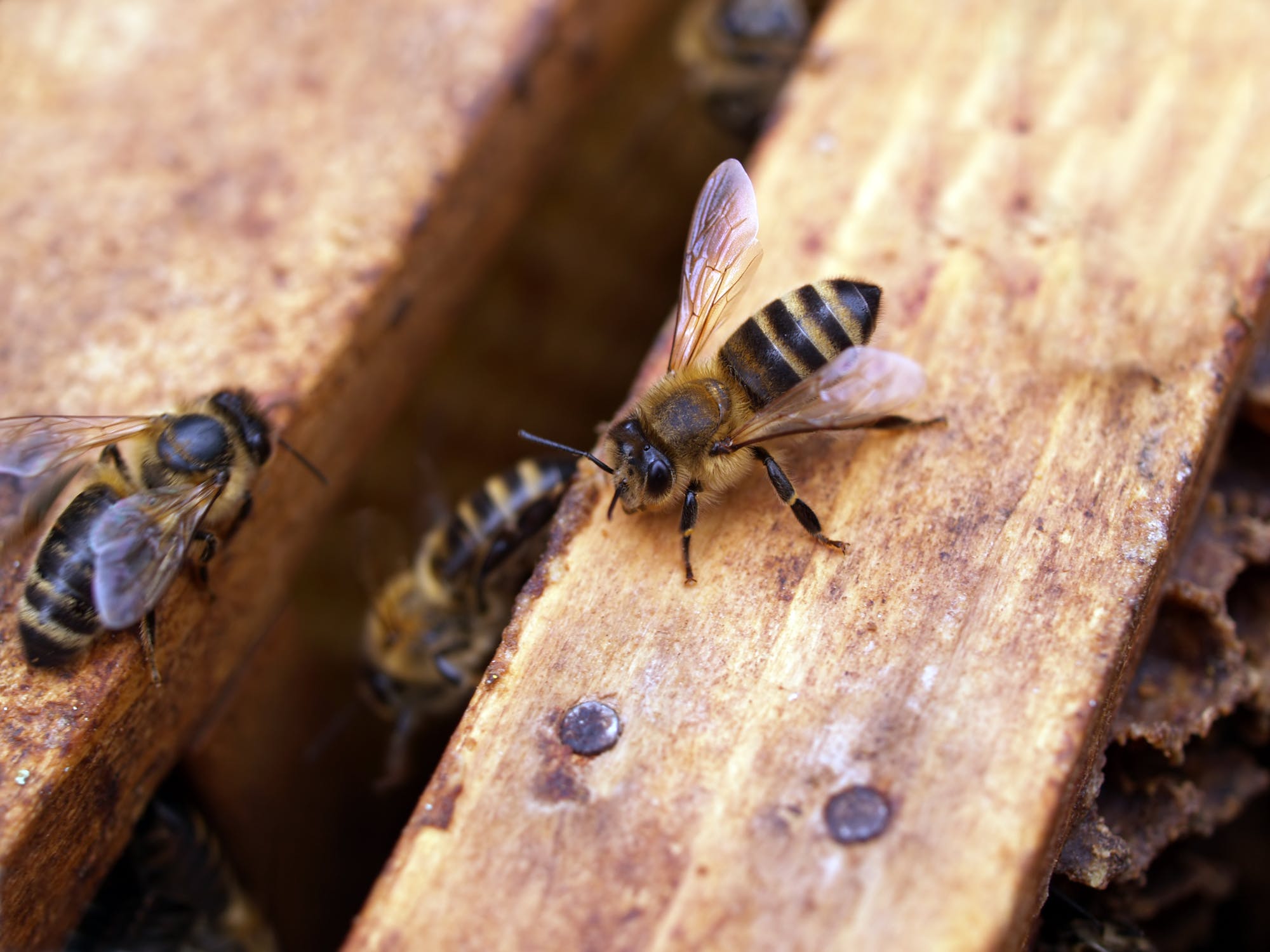
Backyard Biodiversity: Nest boxes for native bees
Many of our native bee species are solitary. In order to ensure that these kinds of bees spend more time in our yards and gardens, it is important to make sure we include places for them to nest.
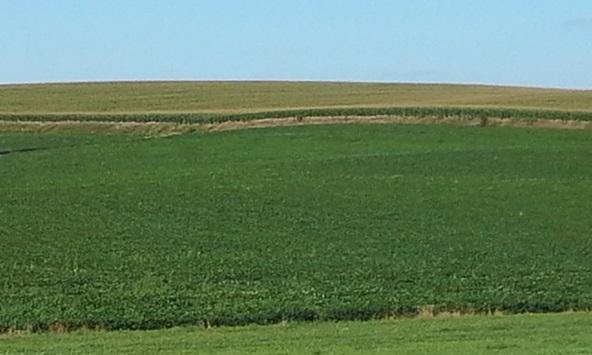
Yellow Soybeans
Yellow soybean areas within fields are being noticed in some areas of the state. There are six factors which could be causing the soybean plant yellowing: nitrogen (N), potassium (K), or sulfur (S) deficiency, iron deficiency chlorosis (IDC), soybean cyst nematode (SCN), or yellow flash from Roundup application.
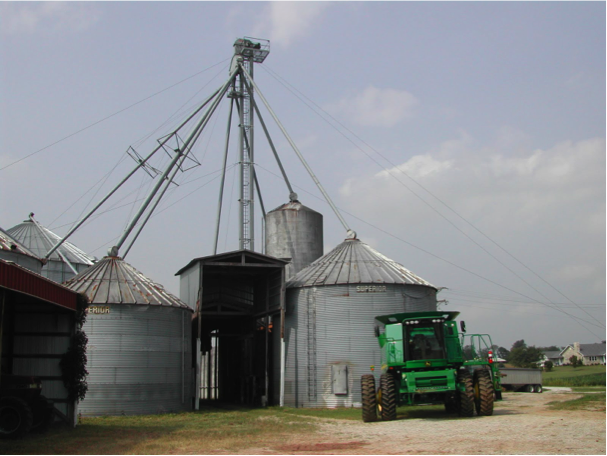
Soybean Drying and Storage
Why dry crop seeds artificially when they can be naturally dried in the field? Two major reasons are: i) allows harvesting when the crop is ripe and mature, and ii) proper storage that preserves seed quality.